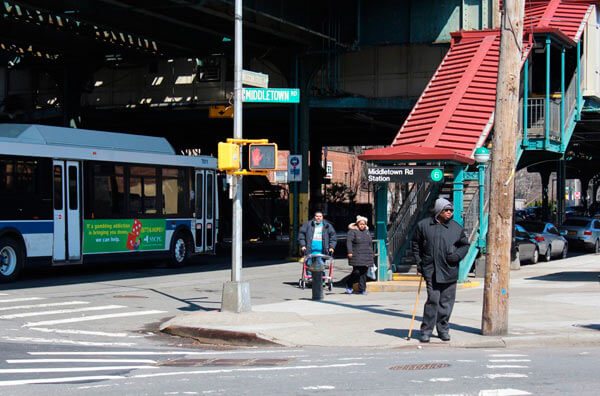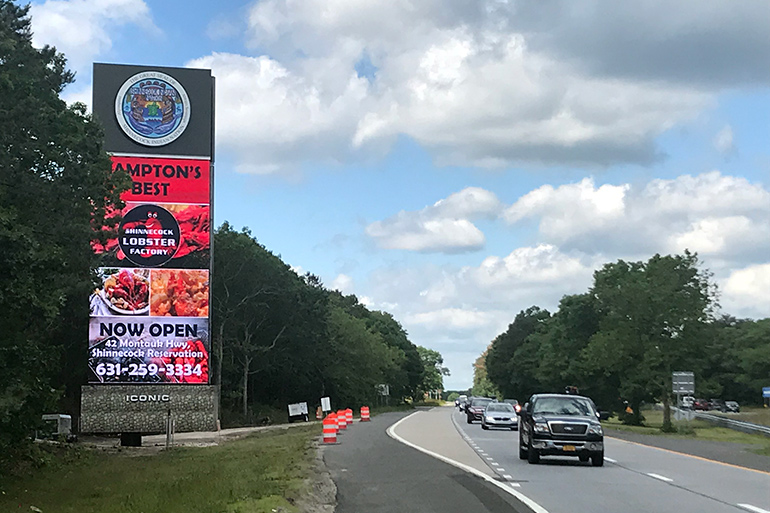University of the West Indies vice chancellor, Prof. E. Nigel Harris has been named the new chairman of the Association of Commonwealth Universities (ACU).
The ACU announced Prof. Harris’ election on April 5, following meetings in Hong Kong jointly hosted by leading Chinese universities; the University of Hong Kong, the Chinese University of Hong Kong and the Open University of Hong Kong.
Established in 1913, the ACU is the oldest and one of the most prestigious inter-university networks in the world. Prof. Harris, who served as the Association’s vice-chairman for the past two years, succeeds Dr. Theuns Eloff, vice-chancellor of North-West University, South Africa and will serve as chairman for a two year term.
During his tenure the ACU will celebrate its centenary and Prof. Harris will also take the lead in the implementation of the association’s 2008-2013 strategic plan, ‘Preparing for a Second Century’.
On his appointment,Prof. Harris remarked that, “This represents an excellent opportunity to enhance the global visibility of The University of the West Indies and to highlight that despite limited resources, West Indian governments and people have built an institution which is making its mark internationally.”
The ACU’s mission is to contribute to the provision of excellent higher education for the benefit of all people throughout the Commonwealth. In keeping with the Association’s mission, Prof. Harris also noted that “…burgeoning new technologies which are revolutionizing the tertiary education sector make it an opportune time to be at the forefront of discussions.
“Further, in a global economic climate where governments are providing less funding for universities, we are mandated to develop novel coping strategies while increased demands for accountability are also calling for research to translate more effectively into tangible societal benefits. In the face of these demands, coupled with competition from new types of private universities, the traditional Commonwealth universities represented by the ACU are strategically working toward improving services and meeting new types of needs.”
In March 2010, Prof. Harris was elected president of the Association of Universities and Research Institutions of the Caribbean (UNICA); a voluntary regional organization which like the ACU, fosters cooperation among the higher education institutions in the Caribbean.
About Prof. E. Nigel Harris
Professor Harris received his B.S. degree in Chemistry (Phi Beta Kappa honors) from Howard University in 1968, Master of Philosophy (M.Phil) degree in Biochemistry from Yale University (1973) and M.D. (with Honors) from the University of Pennsylvania (1977). After completing his M.D. degree, he moved to The University of the West Indies at Mona in Jamaica, where he completed a residency in internal medicine, receiving a D.M. (Doctor of Medicine) in 1981. Subsequently, he went to the Royal Postgraduate Medical School, Hammersmith Hospital in London, England to do a Fellowship in Rheumatology. It was at the Hammersmith Hospital, in collaboration with Dr. Azzudin Gharavi and Dr. Graham Hughes that he devised the anticardiolipin test, which is now used widely in the world today for the diagnosis of an auto immune disorder that they named the “Antiphospholipid Syndrome”
Professor Harris has published over 150 papers. He has received the Centennial Award of the National Medical Association (1996) and shared in the Ciba-Geigy Prize awarded every four years by the International League Against Rheumatism. He was promoted to Professor of Medicine at the University of Louisville in 1992, and appointed as Dean of the Morehouse School of Medicine in 1996. He has served on several boards and committees in the USA, including the Arthritis Advisory Committee of the Food and Drug Association (FDA), the Advisory Committee on Human Research Protection to the US Department of Health and Human Services, the Executive Committee of the Council of Deans (Association of American Medical Colleges – AAMC) and a member the National Advisory Research Resources Council (NARRC) of the National Institute of Health (NIH).
Since becoming vice chancellor of the University of the West Indies in October 2004, he has begun a vigorous advocacy program for more Science and Technology Education and Research in the Caribbean and for improved linkages with other Colleges and Universities in the Region and in the international community.
About ACU
Founded in 1913, the Association of Commonwealth Universities (ACU) is the oldest inter-university network in the world. Today the ACU combines the expertise and reputation of over ninety years’ experience with new and innovative program designed to meet the needs of universities in the 21st century. The ACU has vast experience in fostering collaboration between universities in developed and developing countries and boasts a membership of more than 500 spread across five continents.
The ACU is a voluntary organization, which is registered in England and Wales as a charity (number 314137) and is controlled by its member institutions through an elected Council. Her Majesty the Queen, the Head of the Commonwealth, is the Association’s Patron.
For more on the ACU visit http://www.acu.ac.uk/
About UWI
Over the last six decades, The University of the West Indies (UWI) has evolved from a fledgling college in Jamaica with 33 students to a full-fledged University with over 40,000 students. Today, UWI is the largest and most longstanding higher education provider in the English-speaking Caribbean, consisting of four campuses in Barbados, Jamaica and Trinidad and Tobago, and the new Open Campus.
UWI is an international university with faculty and students from over 40 countries and collaborative links with over 100 universities around the world. Through its seven faculties, UWI offers undergraduate and postgraduate certificate, diploma and degree options in Engineering, Humanities & Education, Law, Medical Sciences, Pure & Applied Sciences, Science and Agriculture, and Social Sciences. As an icon of Caribbean integration and culture, UWI remains committed to enhancing every aspect of Caribbean development and improving the well-being of the people of the Caribbean.




















